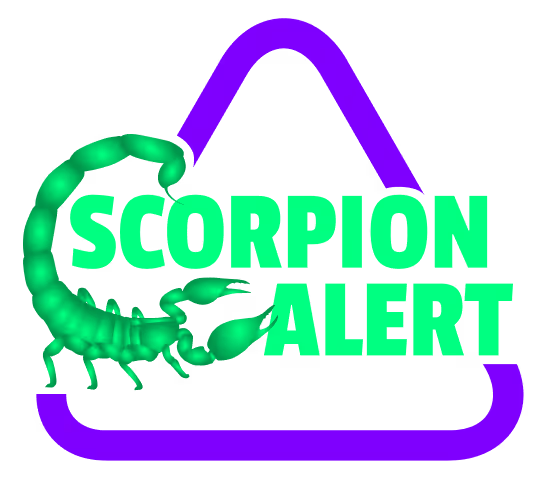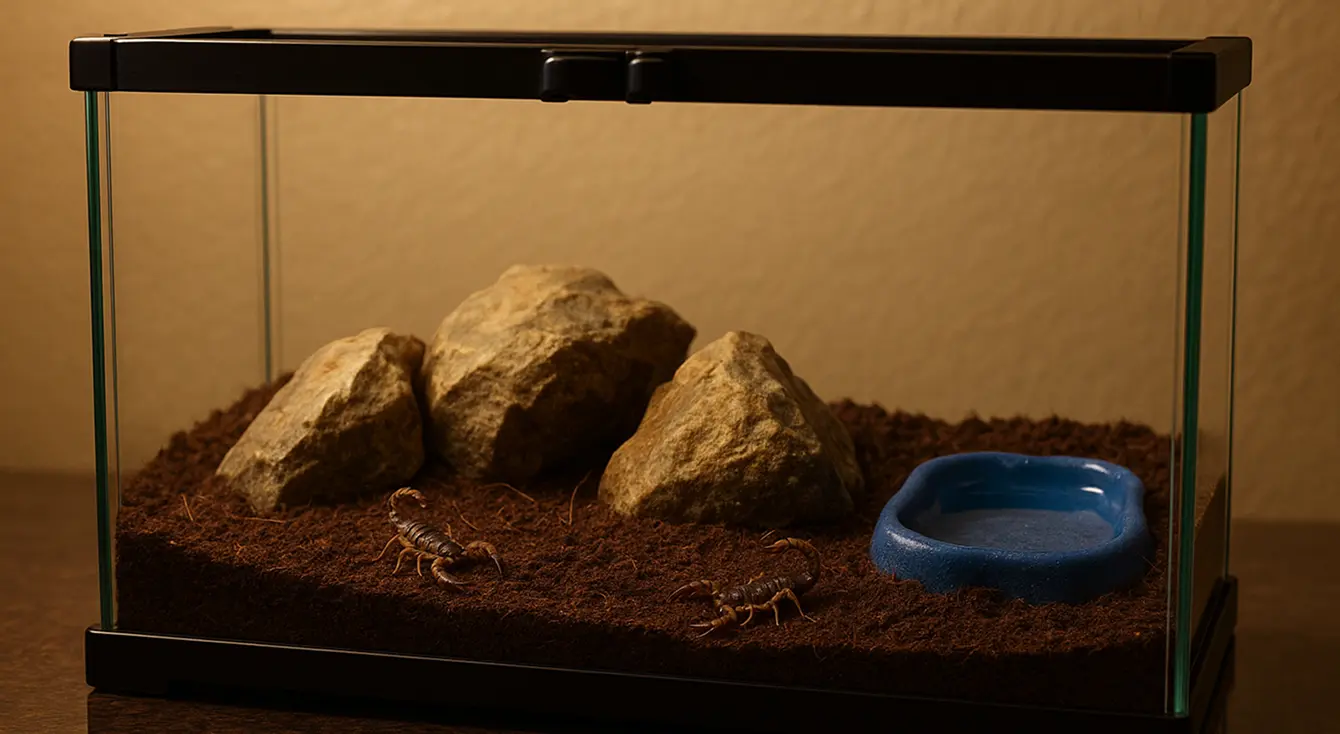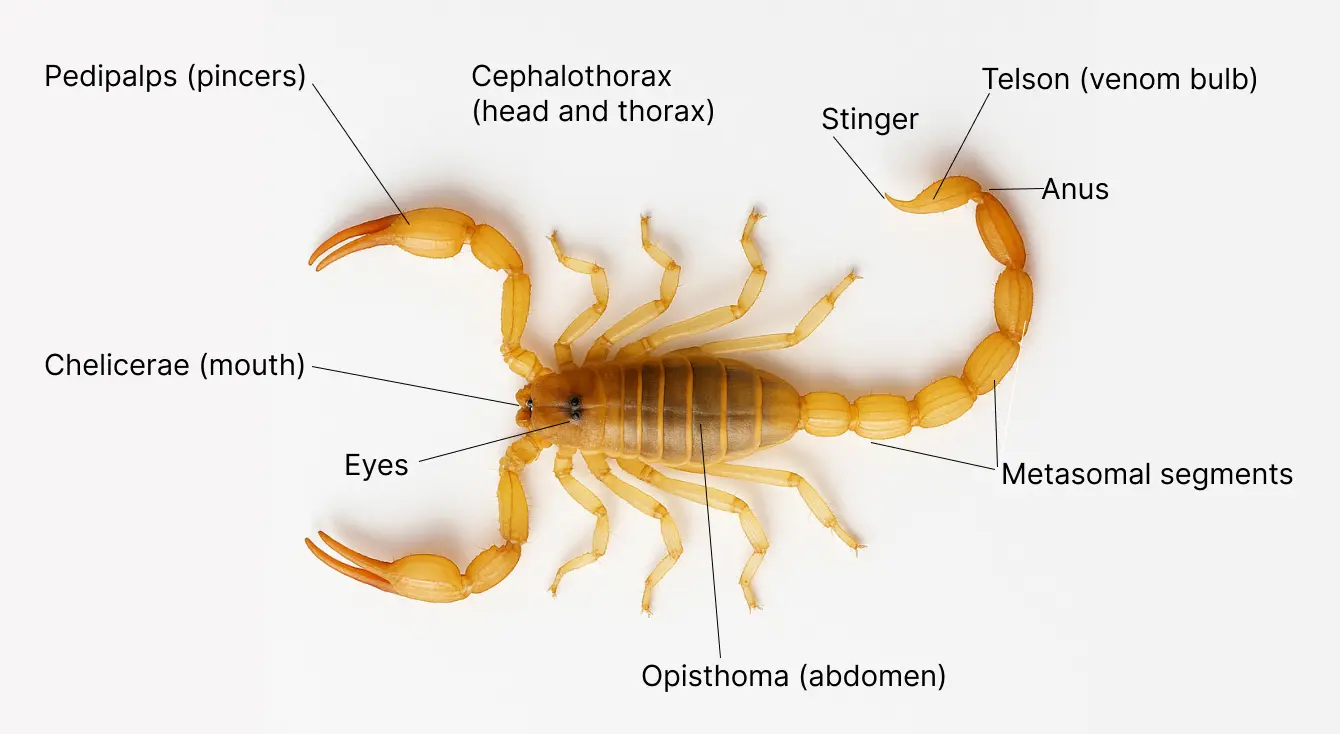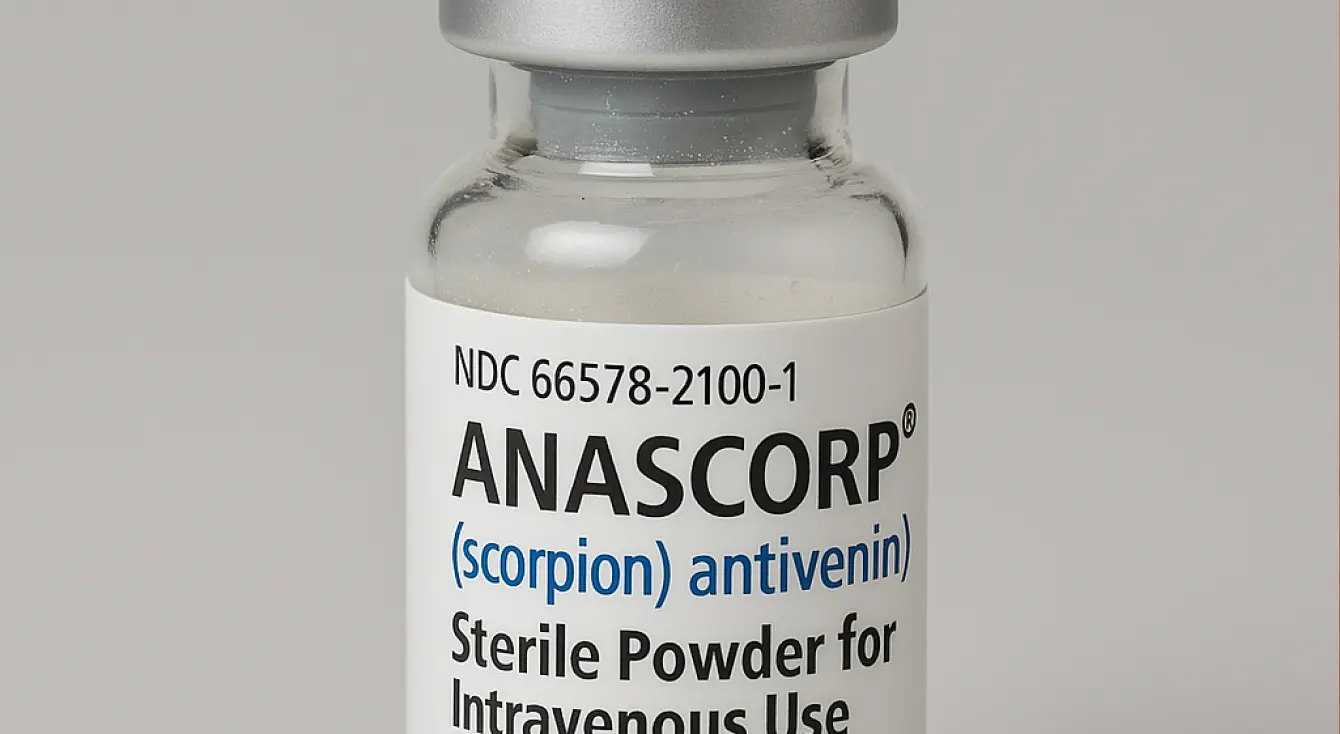Scorpions might not be the first thing that comes to mind when you think of a pet—but for some folks, especially in the Southwest, they’re a fascinating choice. Whether you stumbled across one in your backyard or saw one at a local exotic pet shop, it’s natural to wonder: Can I keep this thing as a pet? The answer is… maybe, but there are some serious things to consider first.
Are Scorpions Legal to Keep as Pets?
In many U.S. states, including Arizona, Texas, New Mexico, and California, it’s legal to own certain types of scorpions as pets. However, local city ordinances or apartment policies might say otherwise. Always double-check with your local animal control or wildlife department before bringing one home.
And remember: some species are protected or outright illegal to keep, especially if they’re native to the region. Don't assume a scorpion you found in your yard is free for the taking.
Which Scorpions Are Common as Pets?
If you're serious about keeping a scorpion, start with a species that’s known to be more docile:
- Emperor Scorpion (Pandinus imperator): One of the most popular and manageable pet scorpions. Big, slow, and less venomous.
- Desert Hairy Scorpion (Hadrurus arizonensis): Native to the Southwest, it’s legal in many areas and hardy in captivity.
- Asian Forest Scorpion (Heterometrus spp.): Visually similar to the emperor but slightly more aggressive.
Whatever you do, don’t try to keep a bark scorpion (like Centruroides sculpturatus)—they’re dangerously venomous and not safe to handle, especially around kids or pets.
What’s It Like to Keep One?
Owning a scorpion isn’t like owning a dog or cat. You won’t be playing fetch or cuddling up on the couch.
Here’s what you’re signing up for:
- Solitary life: Scorpions are loners. Housing two together often leads to one becoming dinner.
- Nocturnal behavior: They’re most active at night, which can be cool to observe—but don’t expect much daytime action.
- Minimal handling: These aren’t pets to play with. Most scorpions don’t like being touched and can become defensive if disturbed.
What Do You Need to Care for One?
Setting up a proper enclosure is key:
- A secure tank with a locking lid (they're better escape artists than you'd expect)
- Heat source to maintain desert-like temperatures (usually 75–90°F)
- Substrate like coconut fiber or sand to mimic their natural habitat
- Hiding spots—scorpions like dark, tight spaces to feel secure
- Occasional live food like crickets or mealworms
Maintenance is low, but not zero. You’ll need to keep their enclosure clean and monitor humidity levels depending on the species.
Are Pet Scorpions Dangerous?
Most pet-appropriate scorpions have mild venom, no worse than a bee sting—but reactions vary, and stings do happen. If you have small children, pets, or houseguests who might mess with the tank, think twice.
And remember, if a scorpion escapes, it can be incredibly hard to find. That’s not something you want crawling around your home.
Bottom Line: Is It Worth It?
If you’re into exotic pets, don’t mind a hands-off relationship, and are prepared to keep it secure and well-cared-for, a scorpion might be a neat addition to your home.
But if you’re just curious because you saw one in the sink last week, it’s probably best to leave them in the wild—and use a Scorpion Detector to make sure there aren’t more lurking around.
Worried about scorpions in your home? Use our Scorpion Detector to check areas like bathrooms, closets, and garages—especially if you live in Arizona, Texas, or other Southwest hotspots.






